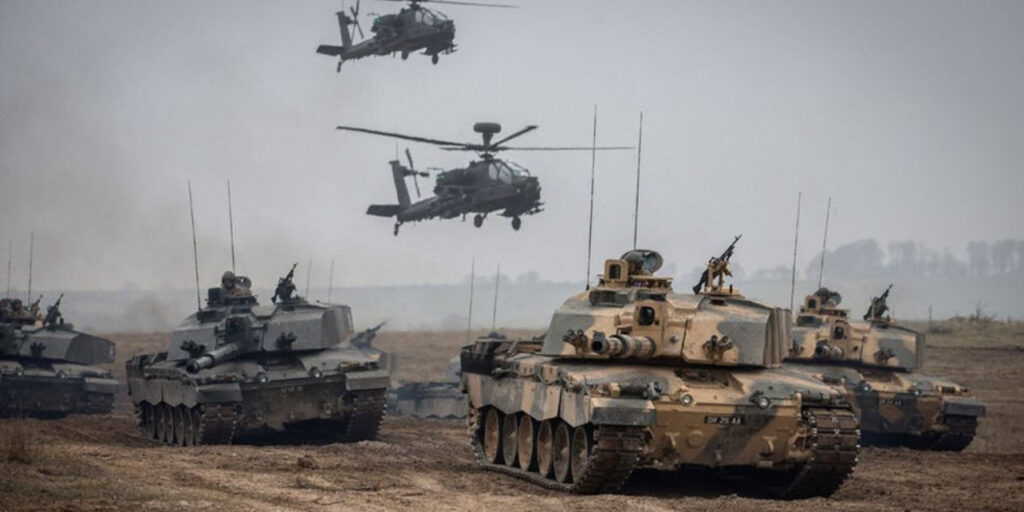Former US President Donald Trump is expected to pressure the UK to significantly increase its defence spending, potentially targeting 3.5% of GDP.
This projection emerged during a press briefing by the Center for European Policy Analysis (CEPA), where experts discussed the UK’s current commitment to raising defence expenditure to 2.5% of GDP, albeit without a defined timeline.
The UK’s pledge to increase its defence budget has raised concerns among NATO allies about its adequacy in meeting alliance obligations.
Experts argue that the 2.5% commitment, though a step forward, may not align with the expectations of the United States or NATO’s broader defence planning goals.
Gordon B. “Skip” Davis Jr., former NATO Deputy Assistant Secretary-General for Defence Investment, noted that while the commitment is a positive move, it does not appear sufficient to meet NATO requirements.
He pointed out that the UK has yet to present concrete plans to develop the necessary military forces and capabilities.
Kurt Volker, former US Ambassador to NATO, indicated that Trump, should he return to power, might urge NATO countries, including the UK, to set defence spending targets closer to 3.5% of GDP.
According to Volker, this would reflect a demand for more realistic defence investment plans from allied nations.
The discussion also highlighted the evolution of NATO’s cohesion under different US administrations. Experts credited the Biden administration with strengthening NATO, particularly in response to Russian aggression in Ukraine.
Davis acknowledged that the alliance’s progress would not have been possible without US leadership and the collective efforts of member states.
NATO member states have long been encouraged to spend at least 2% of their GDP on defence. However, many countries, including the UK, have faced criticism for falling short of this target or for delays in meeting increased commitments.
The UK has been a key player in NATO, yet its ability to meet future demands hinges on clear and actionable defence spending plans.


